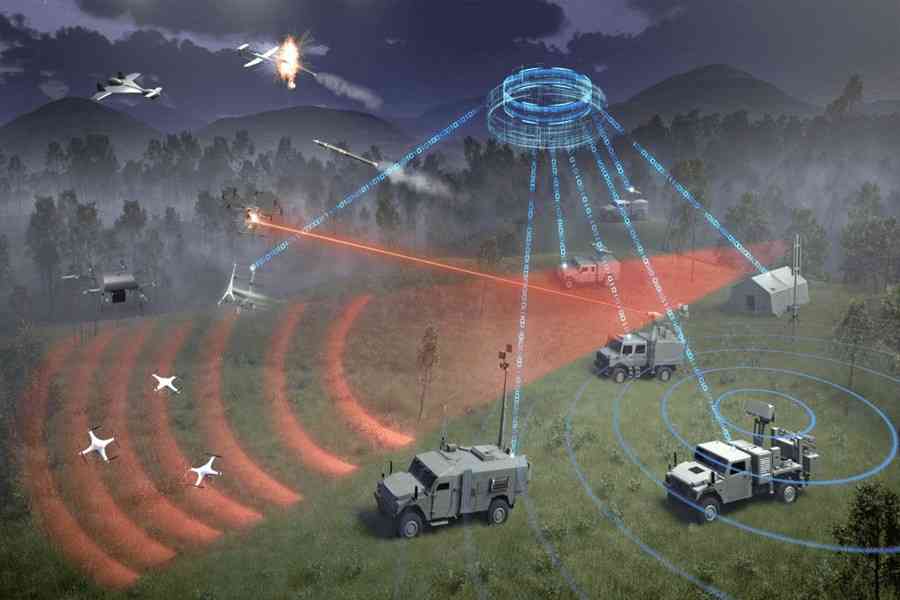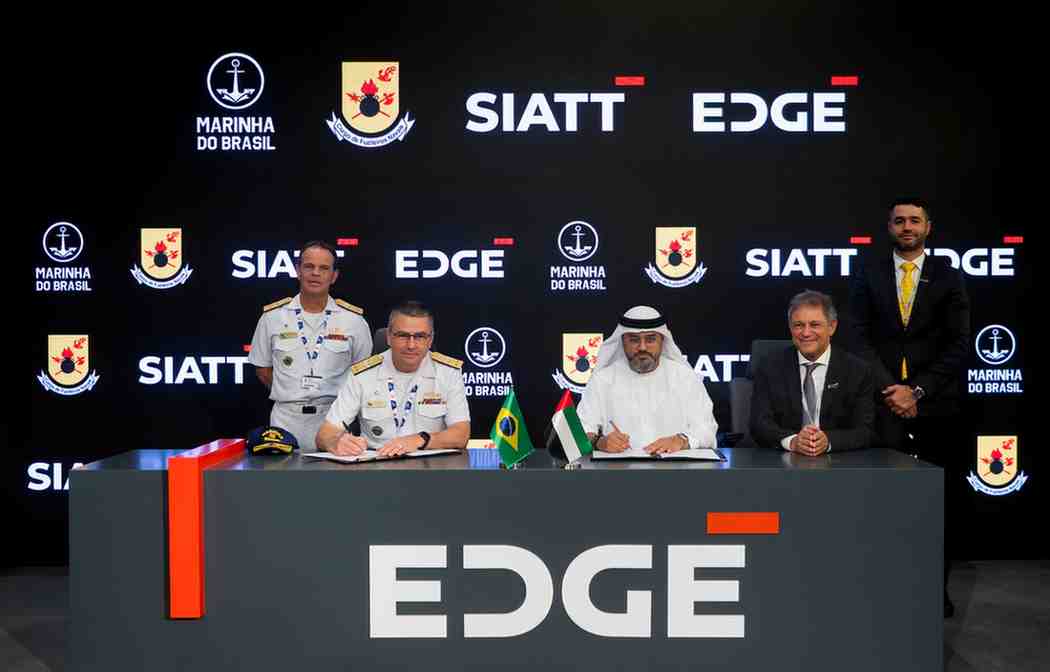Baghdad Summit: An Effort to thaw the estranged Middle Eastern Relations
Iraq is looking to arrange a summit in its capital and the largest city, Baghdad. The exact date of the conference is not yet decided, but it is likely to be held at the end of this month or at the beginning of September. The official name of the conference is the “Iraqi Neighbouring Countries Conference”. However, this time, the broader purview of the conference has shaped it into a regional summit. The summit includes the neighboring and non-neighboring states and the states beyond the region as well. The participation of regional powers and the specific agenda is making the event special. The summit is a remarkable initiative by the Prime Minister of Iraq Mustafa Al-Kadhimi to head the regional states towards de-escalation.
Russian Elevation at world stage?
The Prime Minister of Iraq said, “Iraq will seek to play a bigger role in bringing the regional powers together”. He has established a special committee headed by Senior Undersecretary Nizar Al-Khairallah to make the summit successful. The committee, on behalf of Al-Kadhimi, has sent the ministers to different countries to invite them to the summit. The Foreign Minister of Iraq, Fuad Hussein, paid visits to Turkey, Saudi Arabia, and Iran on the 8th, 9th and 10th of August respectively for the invitation. At the same time, the finance minister, Defence Minister, and Planning Minister have reached out to Jordan, Egypt, and Kuwait, respectively, on the same mission.
Iraq is trying to bring the countries closer so that they could focus on the regional challenges. Iraq has constantly been trying since April to mediate between Saudi Arabia and Iran. The success of this event will be a yardstick to measure the effectiveness of the diplomatic efforts of Iraq. Iraq has used diplomatic mediation and shuttle diplomacy to cool down the temperature between the regional rivals. However, this time Iraq intends to shift its policy and is trying to seek a more significant role as a diplomatic mediator. It is trying to normalize the relations between regional countries by bringing their higher officials on a public platform where they could discuss their reservations directly with each other.
Iran had a significant influence on the foreign policy of Iraq due to cultural and religious ties. Now, under Prime Minister Al-Kadhimi, Iraq has changed the course of its foreign policy. It seems that Iraq is trying to reduce its dependence on the Islamic Republic of Iran. The US has encouraged this approach of Iraq to counter the influence of Iran, which is its rival. On July 26, the Iraqi PM met US President Joe Biden in the White House, Washington. The US motivated Iraq to re-establish its diplomatic and economic relations with the neighboring countries. The US has decided to withdraw from Iraq by the end of 2021. Therefore, now Iraq is looking to boost its economy and infrastructural development in terrorism-free zones. Iraq has realized that for the solution of the problems inside Iraq, there is a need for a conducive environment around it. Hence, Iraq is helping the regional adversaries to sort out their problems by trying to mediate between important regional players like Saudi Arabia, Iran, and Turkey.
The Foreign Minister of Iraq Fuad Hussain visited Iran on August 10 and met the newly elected President Sayyid Ebrahim Raisi. He also handed over the invitation letter on behalf of the Prime Minister. President Raisi appreciated the initiative of Iraq and called it a “Blessed Step”. However, the Iranian President has not confirmed his presence yet.
Crisis of Tunisia and Regional Politics
Recollecting, Saudi officials were solemnly invited to the Swearing-In Ceremony of Ebrahim Raisi by Iran. Nevertheless, the relations between the two countries are not so good. Iranian President, while being invited by the Iraqi Minister, stated that “the interference of foreigners in the affairs of the region is a source of tension and threats”. Iran will be happy to negotiate at every platform with its strategic rivals if its interests are guaranteed. If this summit proves fruitful and assists in the consolidation of Iran’s relations with the powerful regional states like Saudi Arabia and Turkey, Iran will be in a better position on the negotiation table for the Nuclear Deal and resumption of The Joint Comprehensive Plan of Action (JCPOA).
In addition, before visiting Iran, the Foreign Minister traveled to Saudi Arabia, where he met his counterpart. He delivered Prime Minister Al-Kadhimi’s invitation letter of the summit for King Salman bin Abdulaziz. However, according to the reports, Saudi Arabia is asking Iraq about the level of representation from Turkey and Iran. This highlights the differences among the three major countries of the region. Nonetheless, the recent decline in the relations of the US and Saudi Arabia, after Donald Trump’s end of term, may encourage Saudi Arabia to turn its focus to improve relations with the regional states. This platform will provide Saudi Arabia an opportunity to emphasize its attention in the region and galvanize more with its Middle Eastern region
European Union: The impacts of Brexit on the EU
With that, the Turkish President has also been invited to the Baghdad Summit by Iraq. It is a fact that the strategic interests of Iran and Turkey are contradictory to each other. Turkey opposes the Al-Assad Regime in Syria, while Iran is a staunch supporter of this regime. Both countries are in opposite camps on the issue of Kurds. Even in Iraq, Turkey and Iran are not on the same side as Turkey is part of NATO forces. However, due to the aggressive foreign policy of President Recep Tayyip Erdogan, Turkey has suffered isolation in the Middle East during the last few years. Also, poor economic growth, mishandling of the COVID-19 crisis, and the recent wildfires jeopardized the government’s popularity. Hence, Turkey may be willing to participate in this conference to revitalize its reputation and shore up its fraying economy.
Nevertheless, participation in the summit has not been confirmed by any of these three leading states. The only head of the state who has confirmed his presence in the conference is the French President Emmanuel Macron. France has a significant influence in the region as it is an important part of the US-led coalition force against the Islamic State (IS) with many troops in Iraq and Syria. The participation of Iran, Saudi Arabia, and Turkey is likely to bring regional harmony and economic reinforcement to the region. However, it is too early to predict a breakthrough in the relations between these countries. Considering the ambitions of Turkey, Iran, and Saudi Arabia on the front of foreign relations, these states may look seriously to move closer to each other, at least for the time being. One thing is pretty clear that whether or not this summit breaks the ice between these countries, it will certainly pave the way and provide an excellent environment that can help in the normalization of the relations in the future.
Author: Muhammad Usman Karim
- Global Defense Insighthttps://defensetalks.com/author/umair/
- Global Defense Insighthttps://defensetalks.com/author/umair/
- Global Defense Insighthttps://defensetalks.com/author/umair/
- Global Defense Insighthttps://defensetalks.com/author/umair/











